
Residents are advised to be extra aware of criminals capitalising on the coronavirus pandemic by scamming the public.
Councillor Karen Shore, Deputy Leader and Cabinet Member for Environment, Highways and Strategic Transport, said: “We are asking residents to remain vigilant and be on their guard at all times, and especially now when people are in a more vulnerable position.
“People are taking advantage of this virus to target the most vulnerable in our communities and we may start to see these scams increase across west Cheshire.
“It is important that everyone listens to the advice and takes note to ensure we can protect the elderly and most vulnerable in our society from criminals.”
Examples of scams taking place nationally include:
-
Parents and carers of children in receipt of free school meals are being sent fraudulent, fake messages which say: ‘If your child is entitled to free school meals, send your bank details to the school and they will help with funding while the school is closed’.
-
People are visiting homes posing as police officers and health officials to gain entry to homes of the elderly and vulnerable, promising fake coronavirus tests or offering to deliver shopping and other essentials in exchange for money.
-
Victims are receiving calls from criminals pretending to be medical officials, claiming a relative has fallen sick with the virus and then requesting payment for treatment.
-
People are being conned into buying protective equipment such as facemasks online which never arrive.
-
Miracle cures for coronavirus are being offered but there is no specific treatment for coronavirus.
-
Fake ‘home-testing’ for coronavirus is being offered but these kits are not currently available to buy.
-
Bogus emails are being sent saying that people can get a refund on taxes, utilities or similar.
-
Fake products are being sold online with claims that they can protect you or cure coronavirus. These will not help and are designed to take your money.
-
There are new mobile phone applications that claim to provide updates on the virus but instead, they lock your phone and demand a ransom.
-
People are offering to do shopping or collect medication and are asking for money upfront and then disappearing.
Advice on preventing yourself being scammed:
-
Stop, think, and be sceptical. Did the communication come out of the blue?
-
Do not give personal or financial information to someone you do not know.
-
Genuine organisations will never telephone and ask for personal or financial information.
-
Never make cash payments by money transfer.
-
Your bank or the police will never ask for your bank details over the phone.
If you think you’ve been scammed, report it to Action Fraud on 0300 123 2040 and if you need advice, call the Citizens Advice Consumer Helpline on 0808 223 1133.
To learn more about different types of scams and how to protect yourself and others, visit www.FriendsAgainstScams.org.uk and complete the free online training.


 Ten arrested for drugs offences following warrants in Chester
Ten arrested for drugs offences following warrants in Chester
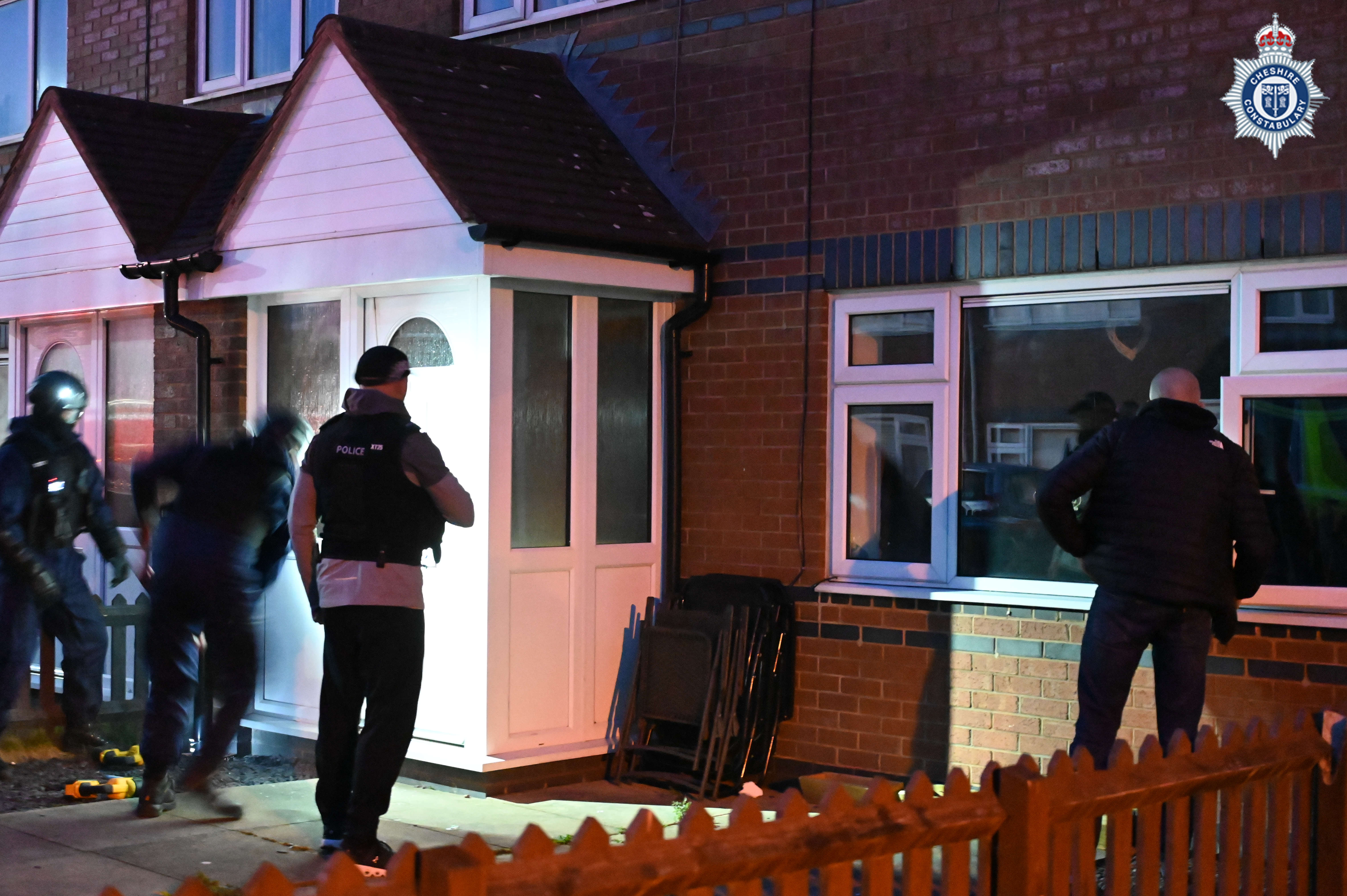 Ten arrested for drugs offences following warrants in Chester
Ten arrested for drugs offences following warrants in Chester
 Suspended prison sentence and indefinite ban for Cheshire man who abused his dog
Suspended prison sentence and indefinite ban for Cheshire man who abused his dog
 Recovered Stolen Items
Recovered Stolen Items
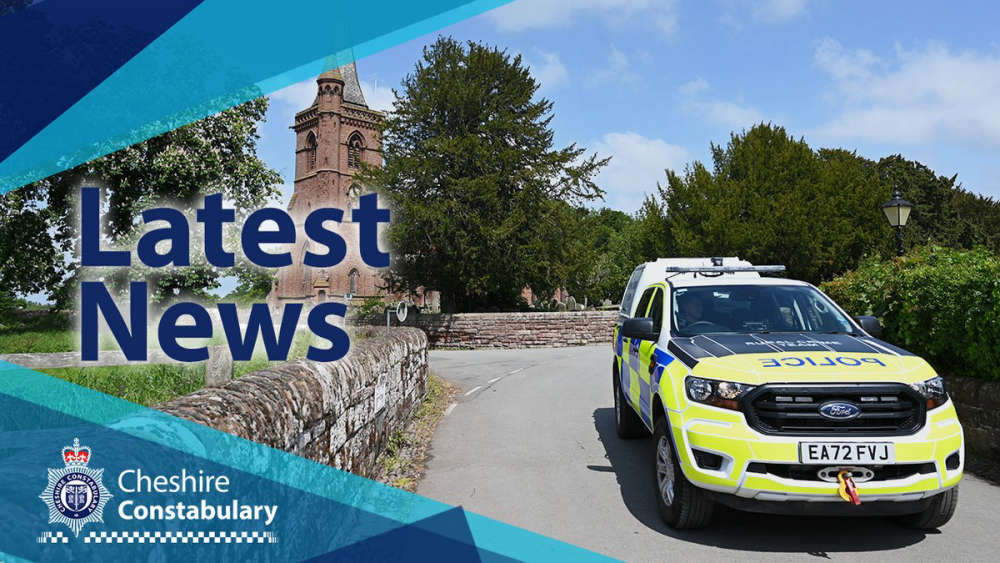 Man charged in relation to courier fraud
Man charged in relation to courier fraud
 Police to target criminal use of Cheshire’s roads
Police to target criminal use of Cheshire’s roads
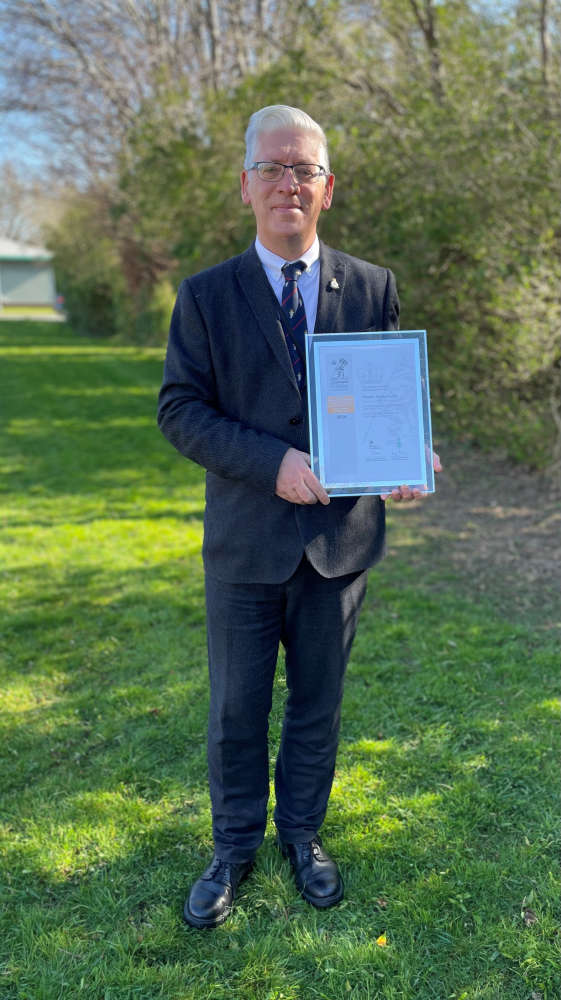 Council awarded Gold Armed Forces Award
Council awarded Gold Armed Forces Award
 Appeal for footage and witnesses following collision in Delamere
Appeal for footage and witnesses following collision in Delamere
 Appeal for information following serious collision in Chester
Appeal for information following serious collision in Chester
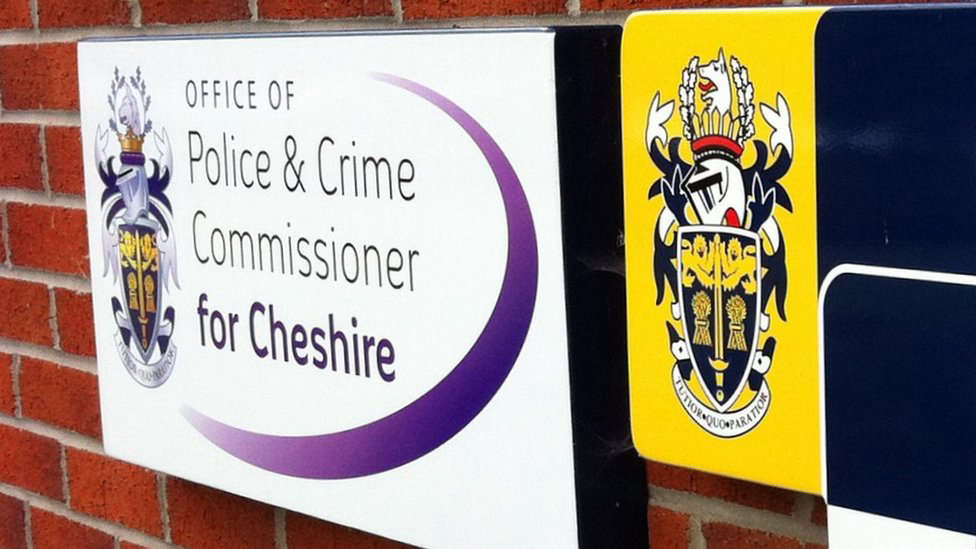 Your chance to get involved in police scrutiny meetings
Your chance to get involved in police scrutiny meetings
 New Events at Jodrell Bank
New Events at Jodrell Bank
 Inspiring Futures at The Queen’s School
Inspiring Futures at The Queen’s School
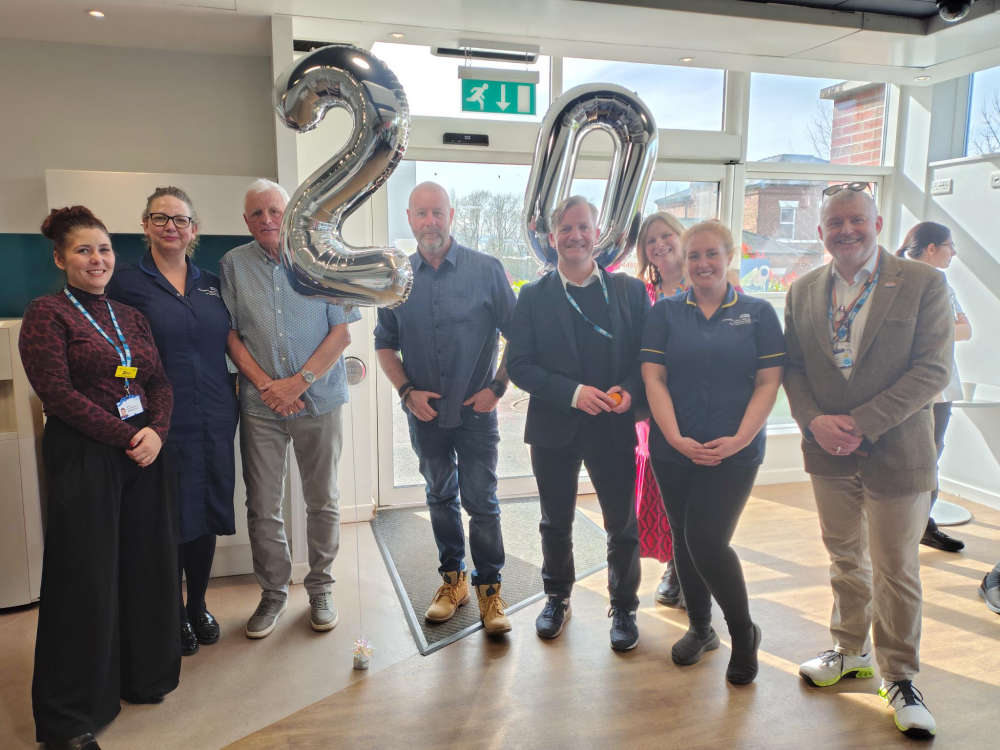 Bowmere Hospital celebrates 20 years of mental health care
Bowmere Hospital celebrates 20 years of mental health care
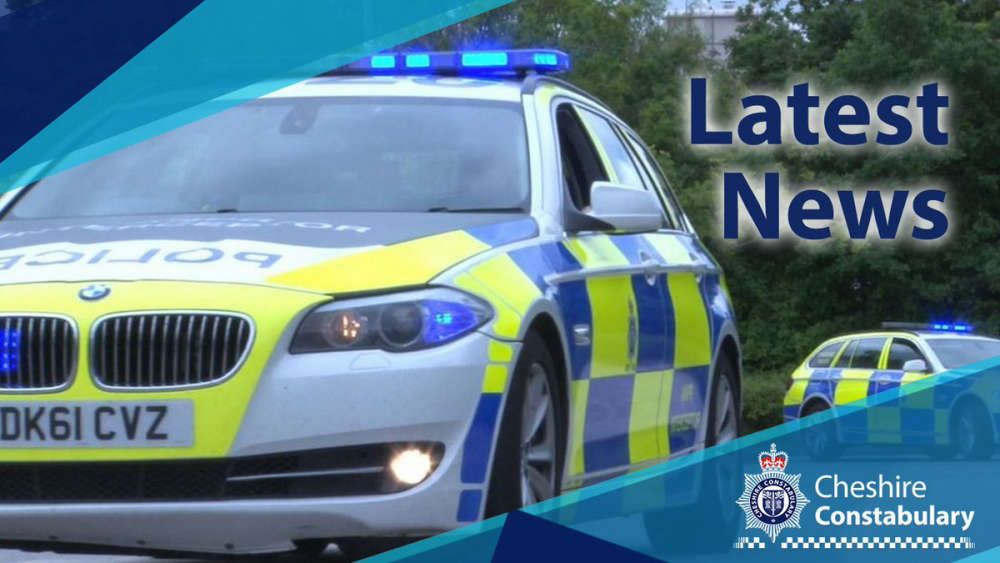 Man charged with burglary and drug offences following Chester police stop check
Man charged with burglary and drug offences following Chester police stop check
 Vicars Cross Road closed following collision in Chester
Vicars Cross Road closed following collision in Chester
 Man jailed for controlling and coercive behaviour and assault
Man jailed for controlling and coercive behaviour and assault
 Plan unveiled to transform and improve emergency care at Countess of Chester Hospital
Plan unveiled to transform and improve emergency care at Countess of Chester Hospital
 Chester & Wirral Football League - Weekend Round Up
Chester & Wirral Football League - Weekend Round Up
 Ladbrokes returns to Chester Racecourse
Ladbrokes returns to Chester Racecourse